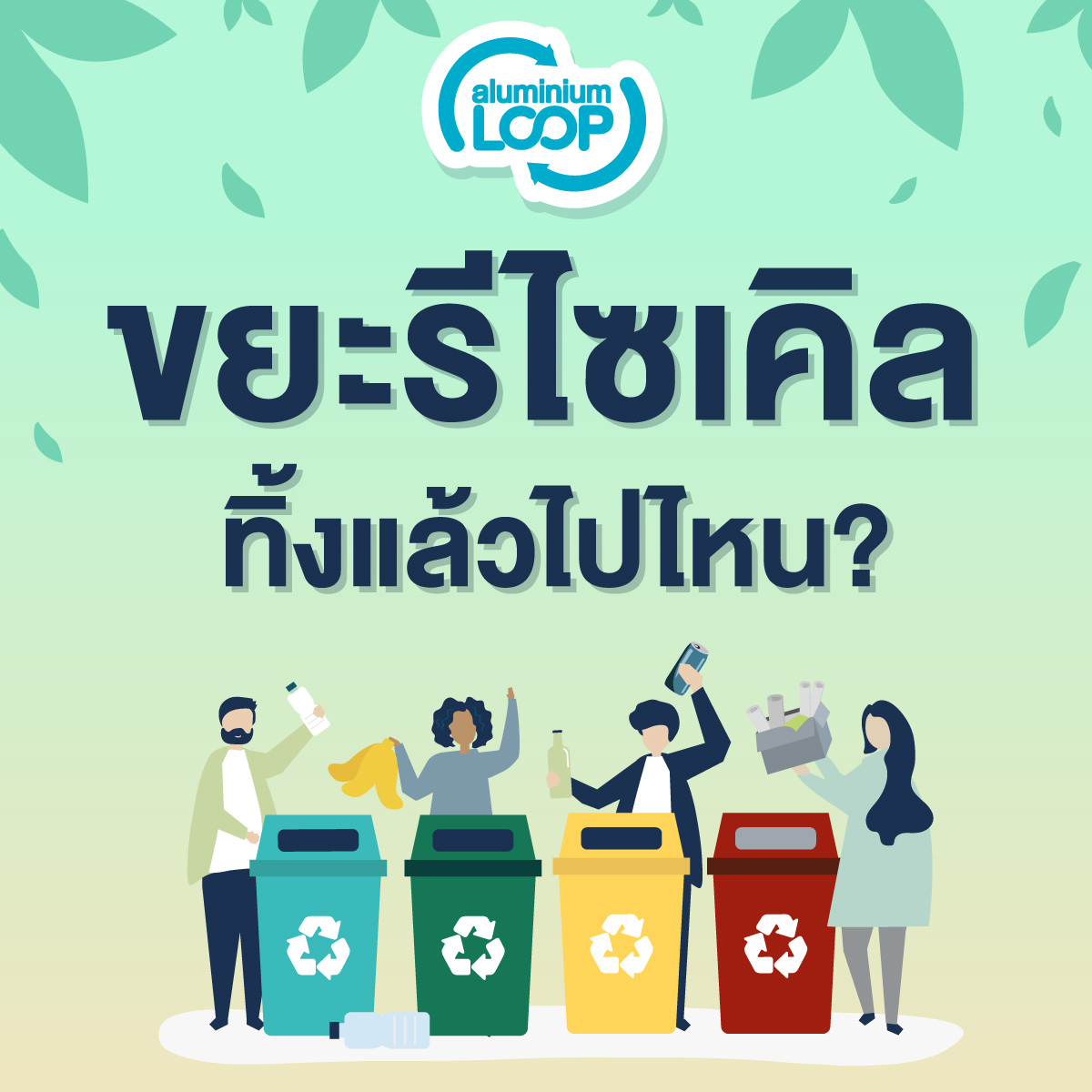
Recyclable Trash… Where Does it Go After You Throw it Away?
Have you ever wondered what happens to trash after you throw it away? Can it be recycled? Let’s follow the journey of recyclable waste together.
Plastic water bottles vs aluminium cans… Which packaging are you more familiar with?
We all have this image that water must only be bottled in plastic, which has become widespread around the world, leading to a massive amount of hard-to-manage or recycled waste.
Because the PET plastic used for water bottles can’t be recycled back into new drinking bottles, a significant portion of plastic packaging waste ends up in downcycling processes into new products. However, they eventually become useless and end up as landfill waste or are sent to plants using plastic as fuel.
Nowadays, abroad, there’s development in rPET (Recycled Polyethylene Terephthalate) or recycled PET plastic for new water bottles production. For instance, California mandates a minimum of 15% recycled content by 2022, increasing in subsequent years, or the EU, which requires 25% by 2025 and at least 30% by 2030.
Given the varying amount of recycled content in different countries, the global average use in PET bottles is still under 15%. rPET isn’t universally available yet, and Thailand just passed a law allowing rPET use in June 2022, according to the Ministry of Public Health’s announcement on the quality or standard of plastic containers
The plastic waste we generate daily, whether from single-use plastics or general plastics flooding our world, has led to the production of eco-friendly packaging alternatives. This represents a shift in producers’ mindset towards environmental care and catering to consumers desiring eco-friendly products.
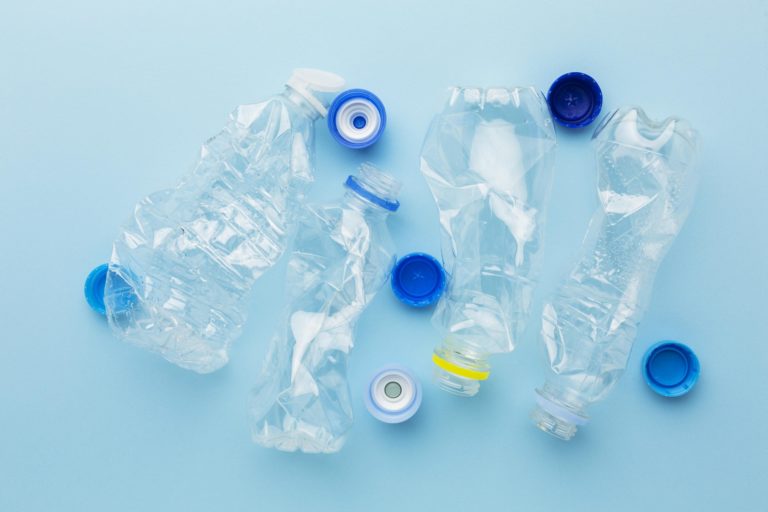
Besides plastic bottles, there are other alternative packaging options for drinking water, such as glass bottles, paper cartons, and aluminium cans, with aluminium can-packed water becoming a popular trend abroad.
With its user-friendly shape, lightweight, creative design, quick cooling ability, and airtight seal between the can and the lid, aluminium cans can completely prevent gas, moisture, and light penetration. Importantly, they are 100% recyclable, making aluminium cans a focus as an eco-friendly packaging option that represents sustainability. Many brands are highlighting this to consumers to address the issue of plastic waste and explain why aluminium cans are a suitable packaging alternative.
Regarding production standards, although aluminium cans use recycled aluminium in their production, they can still assure cleanliness and safety according to beverage manufacturers’ standards.
Aluminium cans are not only packaging for alcoholic beverages or soft drinks. In fact, this type of packaging can hold a variety of beverages, including different flavored sparkling waters, plant-based drinks, coffee, and even plain water. Plain water in cans might be the most surprising for consumers accustomed to plastic-bottled water.
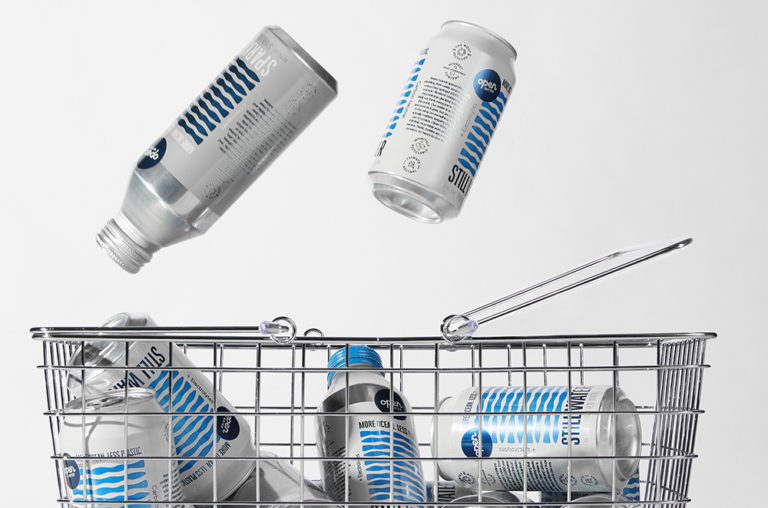
Examples of canned water available abroad include “CW4K” or CannedWater4Kids, a non-profit organization in the USA aware of the global issue of clean drinking water scarcity for children. The sustainable, endlessly recyclable aluminium cans project supports and aids these children through donations and addressing water system issues in various areas. CW4K canned water is distributed to universities, hotels, and several national parks across the USA.
“Open Water” is a US brand with a mission for cleaner seas by reducing plastic waste commonly found in the ocean. Open Water is also certified Climate Neutral, or carbon neutrality, aiming for net-zero carbon emissions.
“Enjoy Water” is an Australian brand of natural mineral water committed to sustainable alternatives to single-use plastic bottles and raising consumer awareness of the escalating plastic problem.
“Blue Can Water” from Los Angeles, California, can be stored for up to 50 years, certified by laboratories, making it suitable for everyday consumption and emergency use without altering its quality and taste, thanks to the secure sealing of the aluminium can.
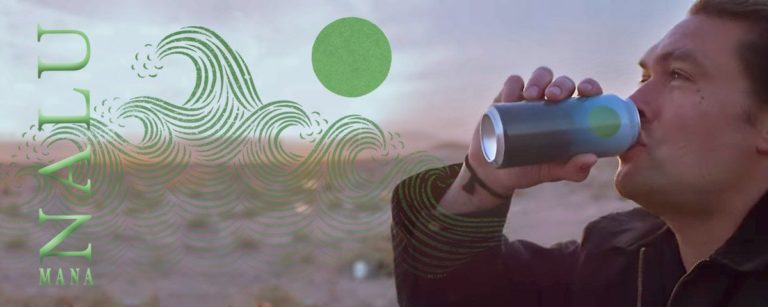
“Mananalu” is a cool Hawaiian-named water brand by Jason Mamoa, the “Aquaman” actor, who noticed the issue of single-use plastic waste affecting our seas and oceans worldwide. Thus, he created an aluminium can water brand that cares for the consumer’s health, the oceans, and our planet.
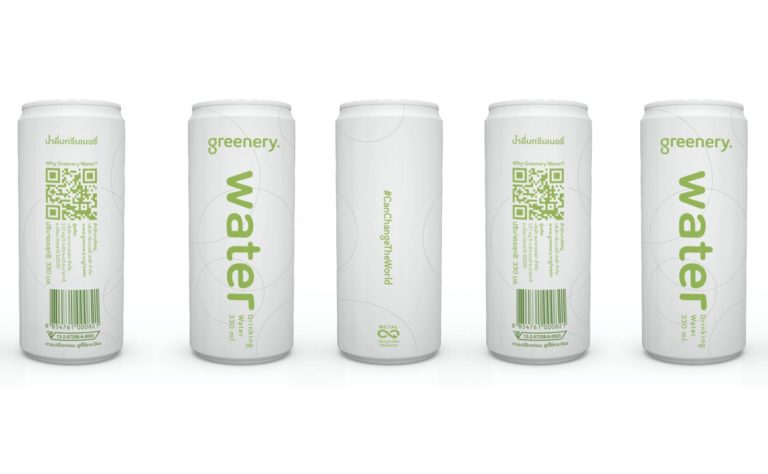
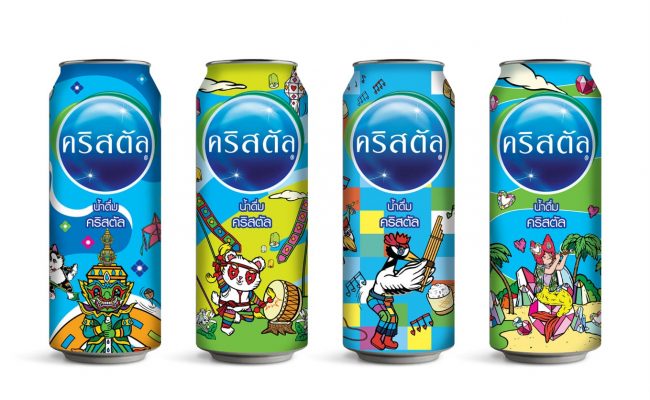
In Thailand, some brands are catching on by releasing their own aluminium can water, like “Greenery” with its #CanChangeTheWorld concept. It’s about making the world better by choosing Greenery, the first Thai brand to tackle plastic waste issues, and wanting to use 100% recyclable aluminium as an alternative packaging for water in Thailand. They also aim to provide clean water to children in remote areas by donating a portion of their profits to install water filters in schools.
“IKEA” has also switched from plastic bottles and paper cartons to aluminium cans, aligning with the organization’s sustainability vision.
And recently with “Crystal,” a well-known Thai water brand, which typically comes in various sizes of plastic bottles, introducing “Crystal Can,” a canned water version. This continues with the Crystal CARE concept, emphasizing responsible business practices and consideration for society and the environment in every step of the process.
Despite price concerns being higher than other drink packaging, the value post-consumption is considered worth the choice. Used aluminium cans can be sold at a higher price than other recyclable waste and can be endlessly recycled, saving natural resources. It’s truly a packaging made from sustainable materials.
It’s a small step for Thailand, moving away from traditional problem-causing packaging to packaging alternatives which help reduce environmental impact. From pioneering small brands to now large brands becoming aware, it’s believed that Thailand’s water packaging will increasingly become more eco-friendly in the future.
It shows that water doesn’t always need to be in plastic bottles. With the growing plastic waste situation and consumers becoming more environmentally conscious, producers need to adapt by developing packaging that minimizes environmental impact. Aluminium cans, with their 100% recyclability, meet this need, reducing both waste and the need for new raw materials.
Consider trying aluminium can-packed drinks, whether soda, sparkling water, or plain water.
If interested in producing plain water in aluminium cans, please send inquiries further at:
Facebook Page: Thai Beverage Can Co., Ltd.
Or LINE: @thaibeveragecan
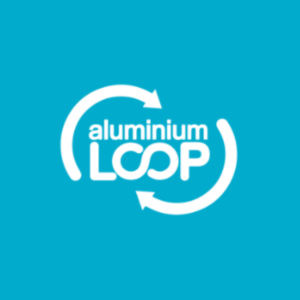

Have you ever wondered what happens to trash after you throw it away? Can it be recycled? Let’s follow the journey of recyclable waste together.
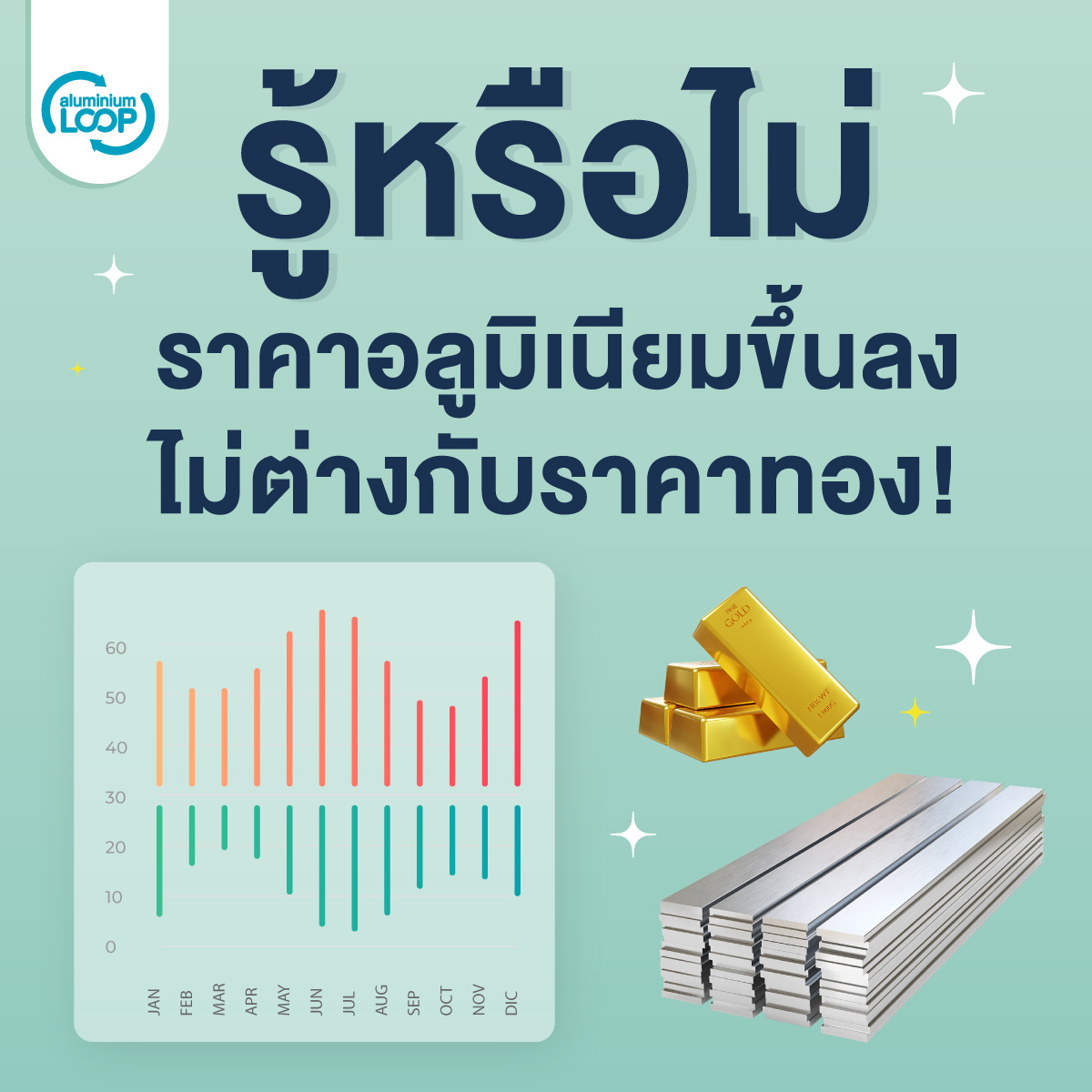
The prices of various metals around us fluctuate just like gold, including aluminium. Why aren’t the prices stable? Let’s find the answer.
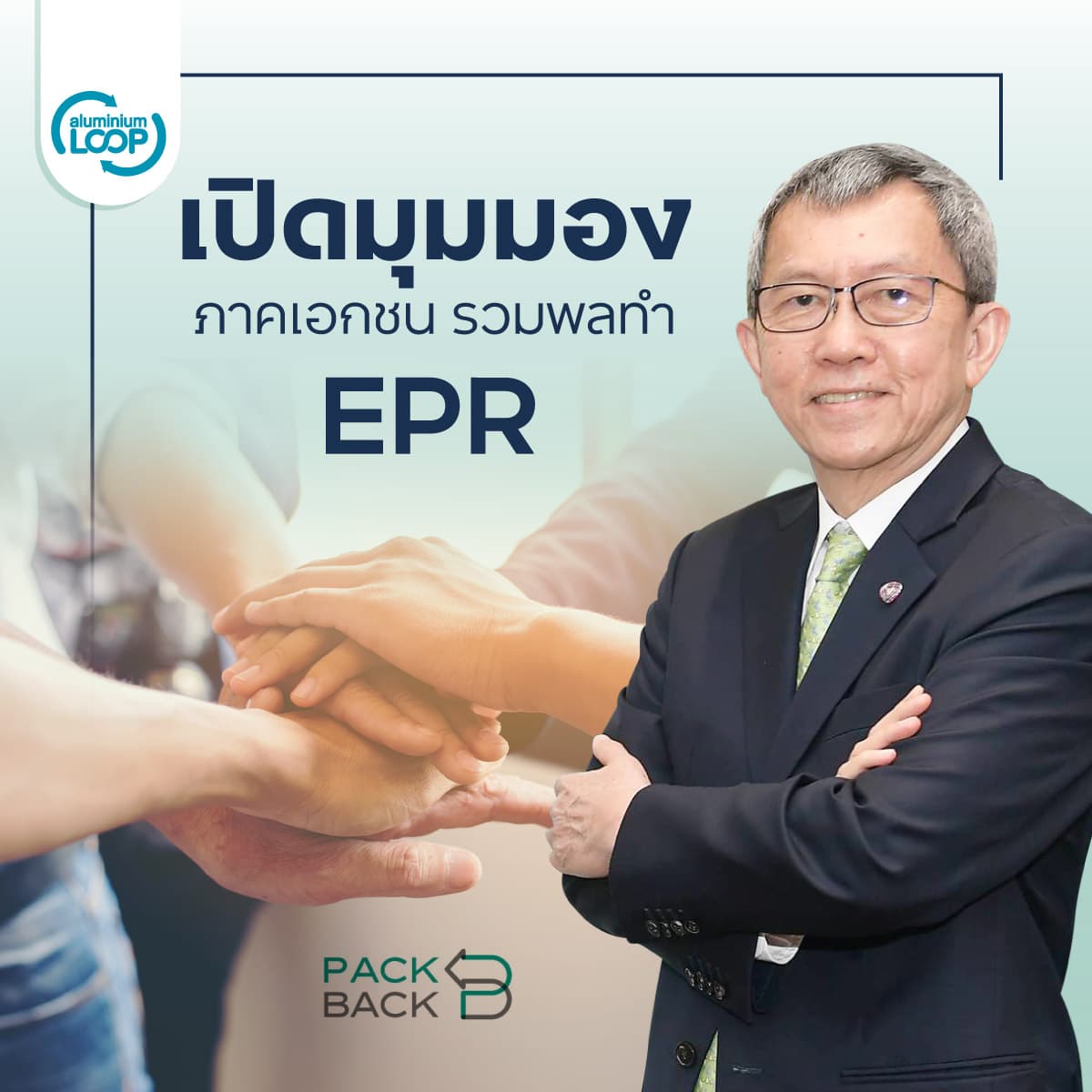
Everyone is contributing to the environmental problems we face today. As consumers start changing their perspectives, what are the producers doing about it?